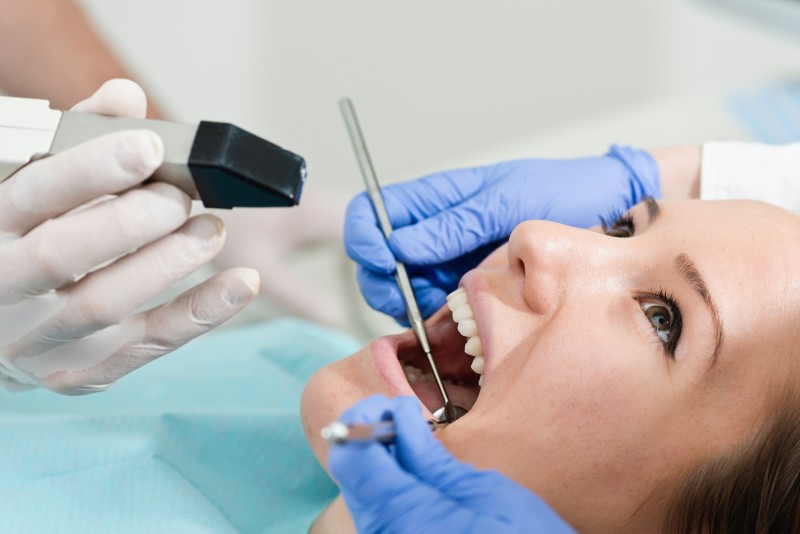It’s common for dental patients to assume that just because they don’t have any cavities or noticeable tooth damage, that means they’re home free. The reality, though, is that gum disease can be just as serious as tooth troubles.
Those who are experiencing concerning symptoms may want to take some time to look into the basics of gum disease care in Indianapolis IN now before their problems get any worse. They can read on to find out more about how to prevent and even how to reverse gum disease below.
Floss Daily
Flossing helps to remove plaque and food particles between the teeth that are out of reach of standard toothbrushes. Most dentists recommend that patients floss at least once per day, either in the morning or at night, to prevent gum disease and help reverse its course if it has already begun to rear its ugly head.
Get Regular Cleanings
Early-stage gum disease can often be reversed through a simple professional cleaning. These cleanings remove tartar buildup and get rid of any plaque that is still present after brushing and flossing. They are known to reverse the course of gingivitis if it is caught in its earliest stages, but even patients who do not have gum disease should be sure to keep up with their regular cleanings.
Quit Smoking
The act of smoking cigarettes is strongly associated with the development of gum disease. Not only does it weaken the immune system, making it more difficult to fight off gum infections, but it also makes it more difficult for them to heal if they have been damaged. Given that smoking also leads to all kinds of other potentially serious or even deadly health problems, quitting should be at the top of the list for anyone interested in gum disease care in Indianapolis IN.
Learn More Today
The first step for readers who are experiencing worrying symptoms such as pain, inflammation, or bleeding should take is to schedule an appointment with a dentist for a cleaning and a full examination. They can contact us today to schedule an appointment to learn more about gum care and ensure that they are taking all necessary steps toward preventing the progression of gum disease.



